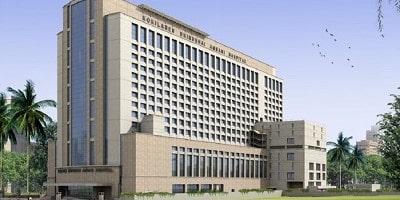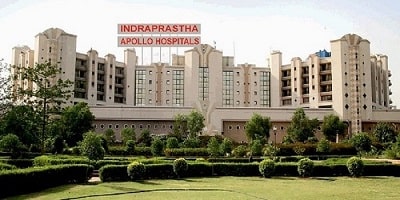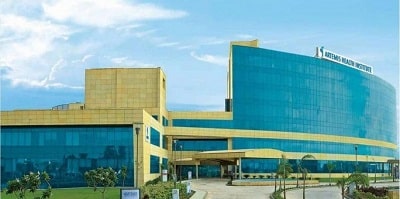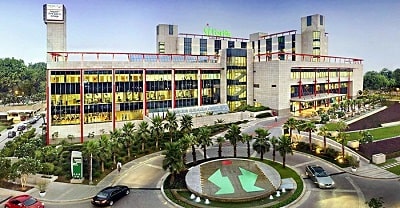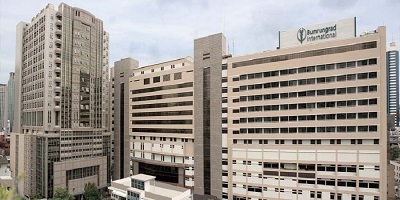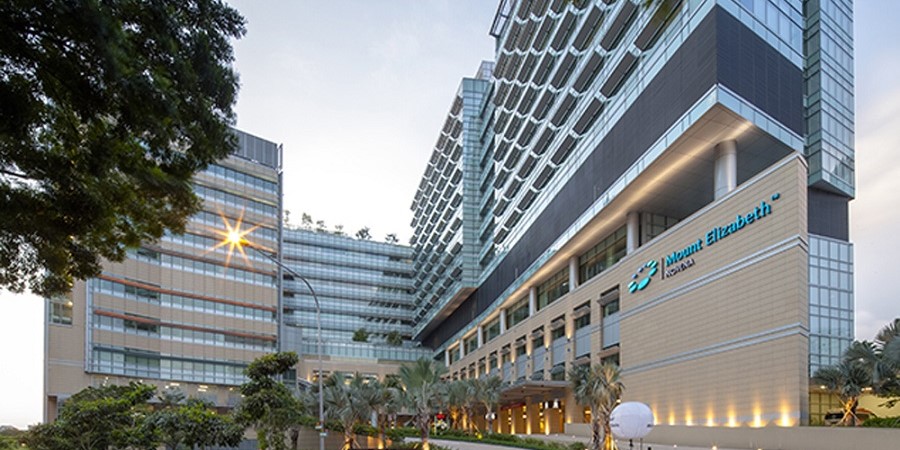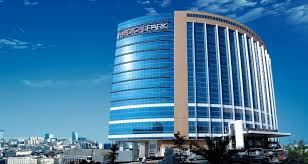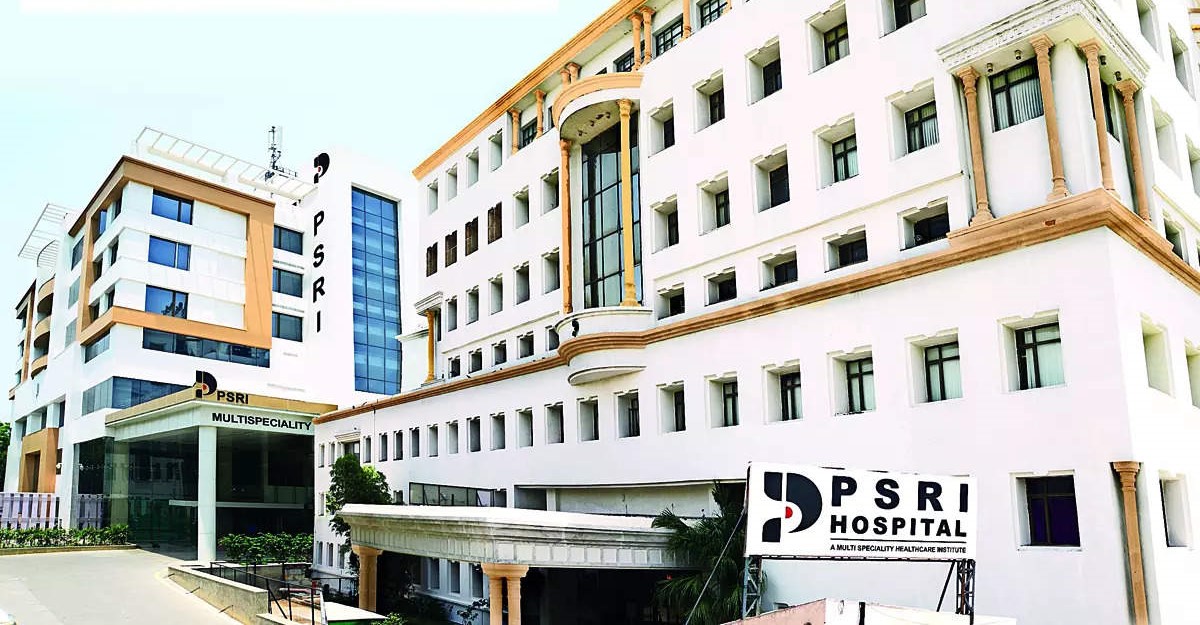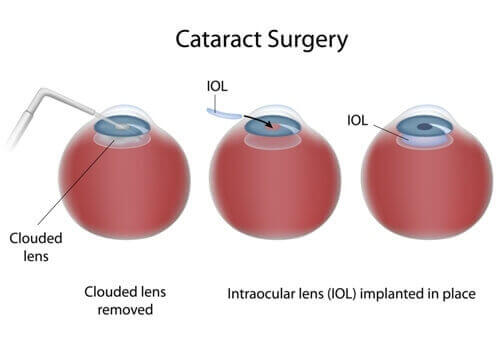
Duration of Treatment
usually takes 10 to 20 minutes
Days of Stay
usually daycare in the hospital and 5 days outside the hospital.
Anesthesia
Local anaesthesia.
Cost
1500 to 2000 USD
Are you looking for Cataract Surgery Cost in India by a topmost Eye Surgeon and Eye hospital in different cities in India? Get free Query by whatsApp/ viber - + 91 9582708782 or email – treatmentquery@gmail.com
What is Cataract Surgery?
Cataract surgery is a medical procedure to remove a cloudy lens from the eye and replace it with an artificial lens to restore clear vision. A cataract occurs when the natural lens of the eye becomes cloudy, leading to vision impairment. This surgery is one of the most common and successful procedures performed worldwide.
Here’s an overview of cataract surgery:
Types of Cataract Surgery:
- Phacoemulsification (Phaco) Surgery:
- Procedure: A small incision is made on the side of the cornea. An ultrasound probe is used to break up (emulsify) the cloudy lens into tiny pieces, which are then suctioned out.
- Recovery: Fast recovery with minimal stitches required.
- Extracapsular Cataract Extraction (ECCE):
- Procedure: A larger incision is made, and the cloudy core of the lens is removed in one piece. The remaining lens material is then suctioned out.
- Recovery: Slower recovery compared to phacoemulsification and requires more stitches.
- Laser-assisted Cataract Surgery:
- Procedure: A laser is used to make precise incisions and soften the cataract, which is then removed using ultrasound or suction.
- Recovery: Similar to phacoemulsification with enhanced precision.
Cataract Surgery Cost in India
The cost of cataract surgery in India can vary widely depending on several factors, including the type of hospital, the city, the type of lens used, and the specific surgical procedure. Here are some general estimates for cataract surgery costs in India:
- Government Hospitals: Typically, the cost is much lower, ranging from ?5,000 to ?10,000 per eye. Some government hospitals might offer it for free or at a very minimal cost under certain health schemes.
- Private Hospitals and Clinics:
- Basic Cataract Surgery: Costs range from 400 to 600 USD per eye.
- Standard Phacoemulsification Surgery: Prices range from 500 to 700 USD per eye.
- Laser-assisted Cataract Surgery: This advanced technique can cost between 900 to 1800 USD per eye.
- Premium Lenses: The use of premium intraocular lenses (IOLs) such as multifocal or toric lenses can increase the cost significantly, sometimes adding 500 to 1500 USD per eye to the overall expense.
- City and Hospital Reputation: The cost may be higher in metropolitan cities like Mumbai, Delhi, Bangalore, and Chennai, where top-tier hospitals and renowned eye specialists are located. In smaller towns and cities, the costs are generally lower.
- Insurance Coverage: Many health insurance policies in India cover cataract surgery, which can help reduce out-of-pocket expenses significantly.
List of Top Best Eye Hospitals in India
When choosing a hospital for eye surgery, consider the hospital’s reputation, technology, and the expertise of the surgeons. Some of the top hospitals for retina surgery in India include:
- Aravind Eye Hospital
- L V Prasad Eye Institute
- Dr. Agarwal's Eye Hospital
- Shroff Eye Centre
- Narayana Nethralaya
- Sharp Eye Hospital
- EYE 7 Hospital
- Center for Sight
- Eye Health Clinic
- Smt. Lilavati Mohanlal Shah
Cataract surgery signs include:
- Dim vision, Clouded or blurred.
- Difficulty in the vision at night.
- Sensitivity to light.
- Difficulty in reading and other activities.
- Keep changes in eyeglasses.
- Fading or yellowing of colors.
Cataract surgery risk factor includes:-
- Inflammation
- Infection
- Bleeding
- Swelling
- Drooping eyelid
- Dislocation of artificial lens
- Retinal detachment
- Glaucoma
- Secondary cataract
- Loss of vision
- To identify the diagnosis doctor advised going for complete evolution - visual acuity test, Slit-lamp examination or Retinal exam
- The Patient has to undergo some investigation like an ultrasound test to measure the size of the eyes.
- Before the operation, you’ll be asked to sign a consent form, which gives the surgeon permission to carry out the treatment.
- The doctor should be informed about any medication that the patient may be taking.
- The patient is admitted to the hospital on the same days before the procedures and advised to remain empty stomach/Fasting.
- Thinners medicines have to stop before ten days of surgery.
- Antibiotic eye drops may be prescribed for use one or two days before the surgery.
- The Best Cataract Surgery Cost in India starting from 1500 to 2000 USD the cost varies depending upon City, hospitals, Eye surgeon’s qualifications & experience.
Before surgery, the surgeon and anesthesia will guide you about the benefits and risk factors of cataract surgery.
There are a number of different surgical techniques used in cataract surgery:
Phacoemulsification: It’s the very most common technique used in developed countries. It involves the use of a machine with an ultrasonic handpiece equipped with a titanium or steel tip.
Extracapsular cataract surgery: it’s a procedure that used mainly for very advanced cataracts stage in which the lens is too dense to dissolve into fragments or when phacoemulsification is impossible.
Intracapsular cataract surgery: It involves the removal of the lens and the surrounding lens capsule in one piece. The procedure has a relatively high rate of complications due to the large incision required and pressure placed on the vitreous body.
Step 1 – Anesthesia: Cataract surgery takes 10 to 20 minutes depending upon the procedures by giving local anesthesia to relieve pain.
Step 2 – The incision: The surgeon makes a tiny incision by laser or blade to reach the lens into the eye by using very small instruments to replace the artificial lens with cataract.
Step 3 – Closing the incisions: Usually, your surgeon will not need to stitch the incisions closed. These “self-sealing” incisions eventually will close by themselves over time. A shield will be placed over your eye to protect it while you heal from surgery.
- The doctor will give complete information about post care of surgery, regarding recovery; proper caring of incisions, taking medications and managing.
- Patients are allowed to wear sunglasses to protest eyes for the first week.
- Read books in moderation for the first week.
- Need follow-up after 6 months
The success rate depends on the patient, surgeon experience but according to the American Society of Cataract and Refractive Surgery (ASCRS), the overall success rate is more than 98 percent.
- Are you a board-certified eye surgeon in India?
- How many years’ experience of you has in this field?
- How many surgeries are you doing every day?
- Does your hospital certify to perform cataract surgery?
- Am I a good patient for cataract surgery?
- Let me know success rates and how long time will take for recovery?
- What treatment plan do you recommend and Why?
- What are my options if I am not satisfied with the outcome of my treatment surgery?
- What are the advantages and disadvantages of cataract surgery?
- When can I go for normal activities, including exercise?
- Do I have stitches, staples, and/or bandages?
- Do I have a scar or other permanent effects from the cataract surgery?
- Do I need to go to another surgery in the future?
- Do I need any follow-up appointments or tests after my cataract surgery?
Top Doctors
Sorry, There is nothing to show!Come back soon.
Top Hospitals
CATARACT SURGERY COST IN INDIA

Duration of Treatment
usually takes 10 to 20 minutes
Days of Stay
usually daycare in the hospital and 5 days outside the hospital.
Anesthesia
Local anaesthesia.
Cost
1500 to 2000 USD
Are you looking for Cataract Surgery Cost in India by a topmost Eye Surgeon and Eye hospital in different cities in India? Get free Query by whatsApp/ viber - + 91 9582708782 or email – treatmentquery@gmail.com
What is Cataract Surgery?
Cataract surgery is a medical procedure to remove a cloudy lens from the eye and replace it with an artificial lens to restore clear vision. A cataract occurs when the natural lens of the eye becomes cloudy, leading to vision impairment. This surgery is one of the most common and successful procedures performed worldwide.
Here’s an overview of cataract surgery:
Types of Cataract Surgery:
- Phacoemulsification (Phaco) Surgery:
- Procedure: A small incision is made on the side of the cornea. An ultrasound probe is used to break up (emulsify) the cloudy lens into tiny pieces, which are then suctioned out.
- Recovery: Fast recovery with minimal stitches required.
- Extracapsular Cataract Extraction (ECCE):
- Procedure: A larger incision is made, and the cloudy core of the lens is removed in one piece. The remaining lens material is then suctioned out.
- Recovery: Slower recovery compared to phacoemulsification and requires more stitches.
- Laser-assisted Cataract Surgery:
- Procedure: A laser is used to make precise incisions and soften the cataract, which is then removed using ultrasound or suction.
- Recovery: Similar to phacoemulsification with enhanced precision.
Cataract Surgery Cost in India
The cost of cataract surgery in India can vary widely depending on several factors, including the type of hospital, the city, the type of lens used, and the specific surgical procedure. Here are some general estimates for cataract surgery costs in India:
- Government Hospitals: Typically, the cost is much lower, ranging from ?5,000 to ?10,000 per eye. Some government hospitals might offer it for free or at a very minimal cost under certain health schemes.
- Private Hospitals and Clinics:
- Basic Cataract Surgery: Costs range from 400 to 600 USD per eye.
- Standard Phacoemulsification Surgery: Prices range from 500 to 700 USD per eye.
- Laser-assisted Cataract Surgery: This advanced technique can cost between 900 to 1800 USD per eye.
- Premium Lenses: The use of premium intraocular lenses (IOLs) such as multifocal or toric lenses can increase the cost significantly, sometimes adding 500 to 1500 USD per eye to the overall expense.
- City and Hospital Reputation: The cost may be higher in metropolitan cities like Mumbai, Delhi, Bangalore, and Chennai, where top-tier hospitals and renowned eye specialists are located. In smaller towns and cities, the costs are generally lower.
- Insurance Coverage: Many health insurance policies in India cover cataract surgery, which can help reduce out-of-pocket expenses significantly.
List of Top Best Eye Hospitals in India
When choosing a hospital for eye surgery, consider the hospital’s reputation, technology, and the expertise of the surgeons. Some of the top hospitals for retina surgery in India include:
- Aravind Eye Hospital
- L V Prasad Eye Institute
- Dr. Agarwal's Eye Hospital
- Shroff Eye Centre
- Narayana Nethralaya
- Sharp Eye Hospital
- EYE 7 Hospital
- Center for Sight
- Eye Health Clinic
- Smt. Lilavati Mohanlal Shah
symptoms
Cataract surgery signs include:
- Dim vision, Clouded or blurred.
- Difficulty in the vision at night.
- Sensitivity to light.
- Difficulty in reading and other activities.
- Keep changes in eyeglasses.
- Fading or yellowing of colors.
risk factors
Cataract surgery risk factor includes:-
- Inflammation
- Infection
- Bleeding
- Swelling
- Drooping eyelid
- Dislocation of artificial lens
- Retinal detachment
- Glaucoma
- Secondary cataract
- Loss of vision
preparation
- To identify the diagnosis doctor advised going for complete evolution - visual acuity test, Slit-lamp examination or Retinal exam
- The Patient has to undergo some investigation like an ultrasound test to measure the size of the eyes.
- Before the operation, you’ll be asked to sign a consent form, which gives the surgeon permission to carry out the treatment.
- The doctor should be informed about any medication that the patient may be taking.
- The patient is admitted to the hospital on the same days before the procedures and advised to remain empty stomach/Fasting.
- Thinners medicines have to stop before ten days of surgery.
- Antibiotic eye drops may be prescribed for use one or two days before the surgery.
- The Best Cataract Surgery Cost in India starting from 1500 to 2000 USD the cost varies depending upon City, hospitals, Eye surgeon’s qualifications & experience.
procedure
Before surgery, the surgeon and anesthesia will guide you about the benefits and risk factors of cataract surgery.
There are a number of different surgical techniques used in cataract surgery:
Phacoemulsification: It’s the very most common technique used in developed countries. It involves the use of a machine with an ultrasonic handpiece equipped with a titanium or steel tip.
Extracapsular cataract surgery: it’s a procedure that used mainly for very advanced cataracts stage in which the lens is too dense to dissolve into fragments or when phacoemulsification is impossible.
Intracapsular cataract surgery: It involves the removal of the lens and the surrounding lens capsule in one piece. The procedure has a relatively high rate of complications due to the large incision required and pressure placed on the vitreous body.
Step 1 – Anesthesia: Cataract surgery takes 10 to 20 minutes depending upon the procedures by giving local anesthesia to relieve pain.
Step 2 – The incision: The surgeon makes a tiny incision by laser or blade to reach the lens into the eye by using very small instruments to replace the artificial lens with cataract.
Step 3 – Closing the incisions: Usually, your surgeon will not need to stitch the incisions closed. These “self-sealing” incisions eventually will close by themselves over time. A shield will be placed over your eye to protect it while you heal from surgery.
post procedure
- The doctor will give complete information about post care of surgery, regarding recovery; proper caring of incisions, taking medications and managing.
- Patients are allowed to wear sunglasses to protest eyes for the first week.
- Read books in moderation for the first week.
- Need follow-up after 6 months
success rate
The success rate depends on the patient, surgeon experience but according to the American Society of Cataract and Refractive Surgery (ASCRS), the overall success rate is more than 98 percent.
faqs from doctor
- Are you a board-certified eye surgeon in India?
- How many years’ experience of you has in this field?
- How many surgeries are you doing every day?
- Does your hospital certify to perform cataract surgery?
- Am I a good patient for cataract surgery?
- Let me know success rates and how long time will take for recovery?
- What treatment plan do you recommend and Why?
- What are my options if I am not satisfied with the outcome of my treatment surgery?
- What are the advantages and disadvantages of cataract surgery?
- When can I go for normal activities, including exercise?
- Do I have stitches, staples, and/or bandages?
- Do I have a scar or other permanent effects from the cataract surgery?
- Do I need to go to another surgery in the future?
- Do I need any follow-up appointments or tests after my cataract surgery?
Top Doctors
Sorry, There is nothing to show!Come back soon.
